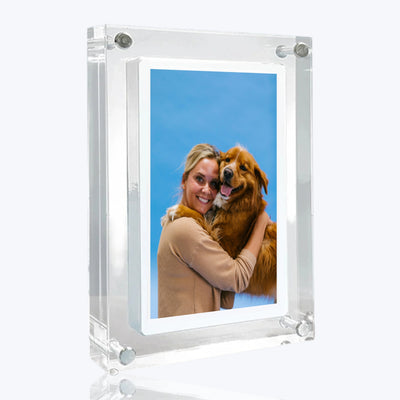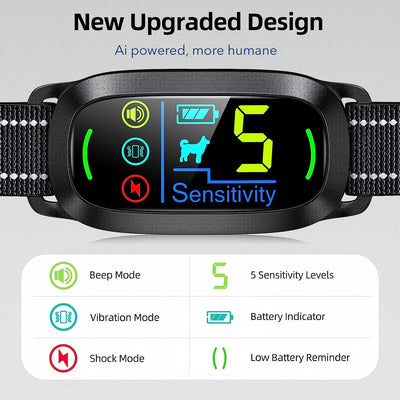Have you ever found yourself wondering if your loyal four-legged friend can understand when you're feeling down? The question of whether dogs can perceive human sadness has intrigued pet owners for ages. While it's clear that dogs experience their own range of emotions, the depth at which they understand ours, particularly sadness, invites a deeper exploration.

Can Dogs Detect Human Sadness?
The answer is a resounding yes. Dogs are incredibly attuned to their human companions' emotional shifts, including sadness. Unlike humans, who primarily rely on verbal communication, dogs have a keen sense of observing and interpreting non-verbal cues. This sensitivity allows them to notice changes in our facial expressions, body language, and even our scent, which can vary with different emotions and states of health.

The Emotional World of Dogs
Imagine the cognitive abilities of a toddler; this is where most canines stand in terms of emotional intelligence. They can feel basic emotions and, more importantly, can sense the emotional atmosphere around them. A dog might not understand the complex reasons behind your sadness, but they'll notice you're not your usual self, whether it's through your quieter demeanor, the lack of excitement in your voice, or even the change in your scent due to illness.

How Do Dogs React to Our Sadness?
Dogs respond to their owners' sadness in various ways, often seeking to offer comfort. Just as a dog wags its tail and jumps around in excitement when you're happy, it may become more subdued or nuzzle closer when you're sad. The nature of your relationship plays a crucial role here. A dog that shares a strong bond with its owner is more likely to react and offer consolation compared to a dog that doesn't know you well. Similarly, emotional support dogs are specifically trained to provide comfort and will react differently than pets without such training.

The Evolution of Canine Empathy
The domestication of dogs has brought them closer to humans, not just physically but emotionally as well. Initially bred for work, dogs have evolved into creatures capable of profound companionship and emotional support. This transition from working animals to cherished family members has only deepened the mutual understanding and empathy between dogs and humans.
Historical studies and anecdotal evidence alike suggest that as dogs became integral parts of human families, they developed an enhanced ability to communicate with us, adopting more human-like ways of expressing themselves and interpreting our emotions.

In Conclusion: A Bond Beyond Words
While the exact extent of a dog's emotional intelligence and understanding may still hold some mystery, it's clear that our canine companions are incredibly sensitive to our feelings. Whether through an innate sense of empathy or the strong bonds formed with their human families, dogs have a remarkable ability to sense when we're sad and offer their unwavering support, asking for nothing in return but love.

Stay tuned to the PetPoochie blog for more insights into the fascinating world of canine behavior and how you can deepen your connection with your furry friend.























2 comments
I like to see any comment or article on behavior of dogs because each human has those same emotions and don’t think other animal’s do. Heavenly Father created all animal’s why wouldn’t he give them souls to feel emotions with makes sense.
Had working (field) dogs since 1956 and have seen this onn numerous occasions.